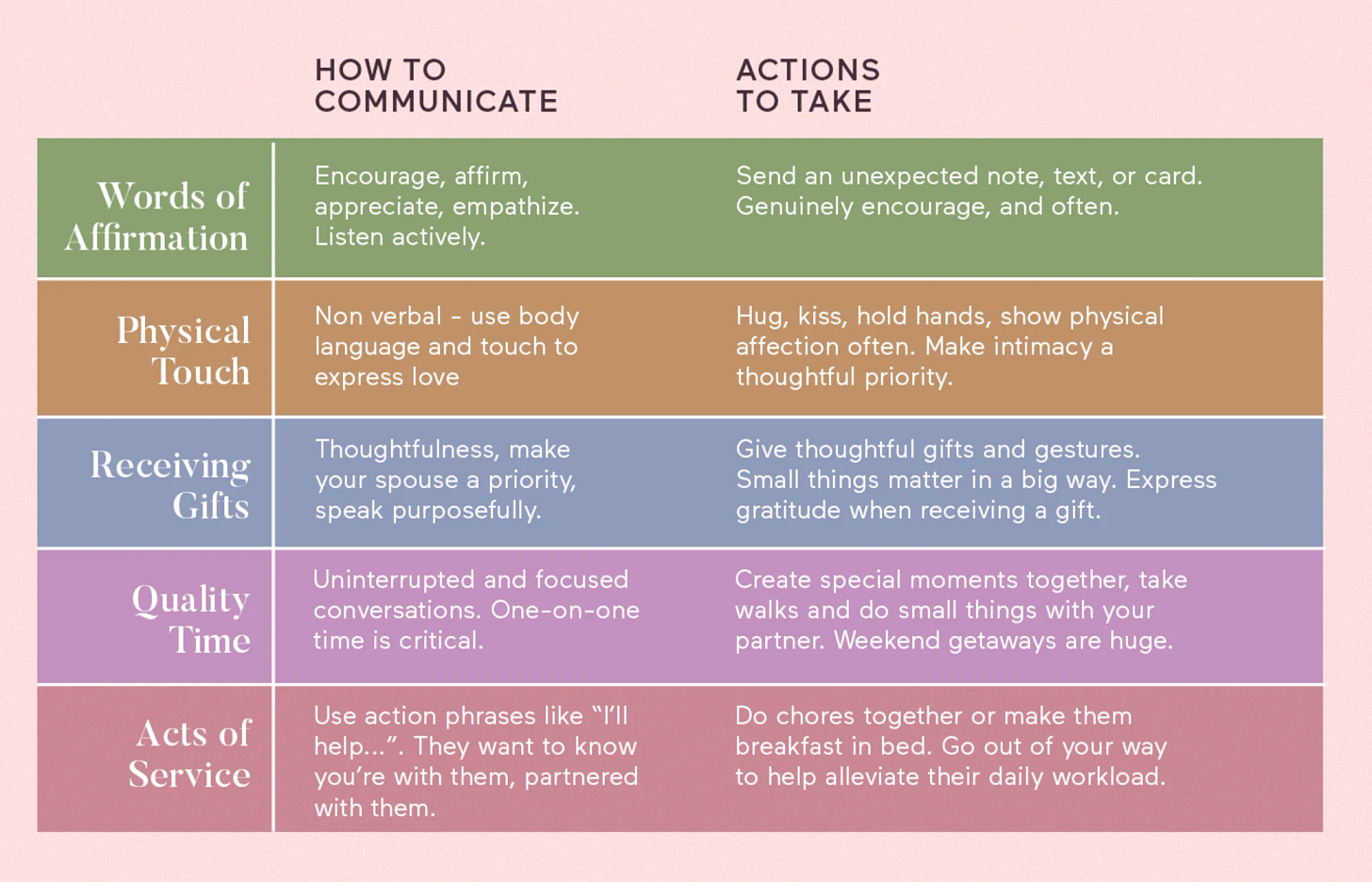Small things, often
or, the importance of everyday appreciations in maintaining strong relationships
A Cup of Ambition is a weekly newsletter filled with thought-provoking essays, interviews, links, and reflections on all things related to working motherhood. If you’re new here, I hope you’ll subscribe by clicking on the button below.
Last week I wrote about the four behaviors that research has shown are destructive to a marriage. A reader wrote and asked me if I had any suggestions for positive behaviors to incorporate into a relationship. To answer this, I once again turned to research from the Gottman Institute which trains couples therapists in research-based strategies
The best advice they have is: Do small things, often. According to Drs. John and Julie Gottman, it’s not the grand gestures that matter in the long run. Instead, it’s the small every day acts of love that add up over time. They have found that the accumulation of these regular, everyday connections have a protective effect when negative or stressful interactions inevitably occur.
Partnership
We all struggle, at times, with taking for granted the people we love most. That’s why doing these frequent, small gestures of love are particularly important with our spouses/partners. It’s not enough to think positive thoughts or silently appreciate the important people in your life. Those feelings need to be expressed so that others can receive them. Furthermore, they need to be expressed in a way that resonates with the other person. After all, if you want your gestures to matter, they have to be meaningful.
For example, I have a friend whose husband regularly posts gushing messages about her on social media. This drives her crazy. She’d trade a million of these public declarations of love for him to get off the basketball court and come help out on weekend afternoons with their four young kids. He is making frequent gestures of love, but they aren’t the kind she wants.
People often talk about the pop psychology concept of love languages, or the idea that there are five primary ways that people prefer to connect with others (see chart below). Although this framework wasn’t developed based on clinical research, many people—and couples therapists—have found it to be helpful in grounding conversations about values and appreciation.
Even if the love language framework falls flat for you, it may still be helpful to have a frank conversation with your partner about meaningful ways to demonstrate your love for them. We assume we know this, but we often default to our own preferred way of receiving appreciation, since it’s the most intuitive to us.
Finally, don’t underestimate the importance of consistency. These small acts need to be repeated frequently to be truly beneficial. According to the Gottmans, there will ideally be five positive interactions for every one negative interaction a couple/dyad has.
Parenting
Though the “small things, often” concept was originally conceived in the context of long-term romantic relationships, it can be applied to any relationship—and I think it’s particularly helpful in a parenting context. Whether it’s tucking knock-knock jokes in their lunchbox, hanging post-it notes with affirmations, or a surprise trip to the ice cream store, kids love feeling special.
Most kids especially love having one-on-one time with each parent. Our kids still talk about the special “dates” they had with us last summer. My son and I went out for sushi, and he picked flowers (well, flowering weeds) for me ahead of time and wanted to wear matching orange outfits. My husband took my daughter—who was three at the time—to a local seafood stand, where she proceeded to order the ribeye and eat an insanely impressive amount of it. To this day, when we pass the restaurant, she screams out “STEAK!”
Professional relationships
This same concept of understanding another person’s preferences, experiences, and preferred means of connection applies in the work context. For example, it would be important for a boss to know how their direct report like to be acknowledged. Some people love public praise, others can’t stand it. For some employees, the best acknowledgement of a job well done is a day off; for others, it’s greater autonomy. As we’ve discussed, we need to know what our colleagues value in order to acknowledge them in a way that will resonate.
During an upcoming meeting with direct reports (or when onboarding new direct reports), consider asking the following questions:
How do you prefer to receive praise?
What are your key motivators?
What’s your favorite way to celebrate a job well done?
These questions provide data for understanding the best ways to meaningfully connect and reward employees.
Your turn!
I want to know what small, frequent acts of love and appreciation you do for the people in your life. Put your ideas in the comments below and I can compile a master list that I’ll send out later in the year.
I want to cover what’s important to YOU. I welcome reader input in deciding what and who to write about. Email me at drjessicawilen [at] gmail [dot] com and put “newsletter idea” in the subject.







"...he picked flowers (well, flowering weeds) for me ahead of time and wanted to wear matching orange outfits." I cannot even. (And I need to know: did you wear the matching outfits?!)
I am pretty good at "small things, often" with my kids -- I write them notes all the time and tuck them into their backpacks or snack bags as a surprise later in the day. When I buy used books (which is like, at least once a week), I frequently get a title I know they're interested in and leave it on their pillows for them to find when they come home from school/daycare. When I travel, I figure out a way to leave behind something that reminds them of my love -- a photo of us together on their placemats at our dinner table, a little drawing on an index card next to each of their toothbrushes in the bathroom. (I also always FaceTime them to show them my hotel room and the view out my window, which they never get tired of?, and I bring home my key cards, which they use to "play hotel.") I try to surprise them whenever I can -- this past Tuesday, at 7am, we went out for quiche at our local coffee shop and then to our favorite local park before going our separate ways for the day; sometimes I'll suggest we have a "porch picnic" for dinner, which is just us taking our meal outside and sitting on our front porch to eat it; little things like this that take only a little effort.
It's much harder for me in my marriage. Learning our love languages a billion years ago, when we were in our 20s and had no idea how to be functionally together, much less good partners to one another, helped immensely, but I've also found that over the years, those have changed in subtle ways, without either of us updating or changing our approach -- so even though it's still useful information, it has also become kind of a rut. (I wouldn't say that we are in a situation where my husband is posting gushing messages about me on social media while not helping with the kids on weekend afternoons -- which feels like missing the mark by a woefully wide margin -- but more like, since I know my husband's love language is physical touch I will just make sure to hug him every day, without being all that creative about other ways to meet that need, if that makes any sense.) This has given me a lot to think about!
I am the boss of a small non-profit where I work with older women. They generally seem to appreciate praise in the form of verbal and written acknowledgements, but they really like autonomy to get their work done. I have learned a lot in my eight years running that place and it has made me a better person.